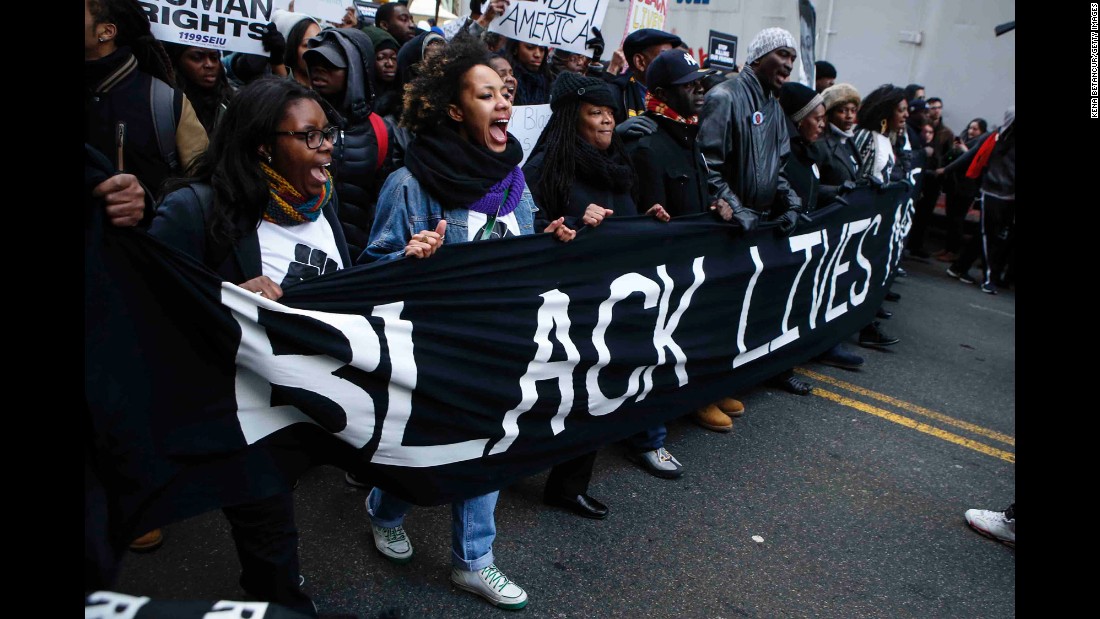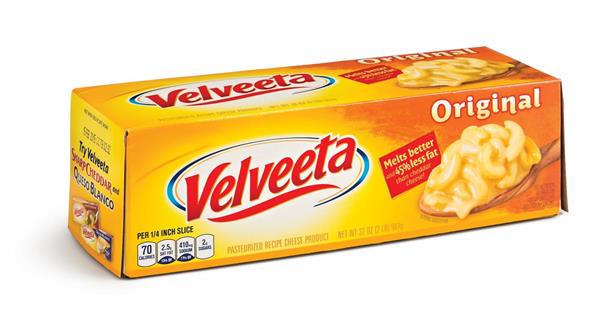You would think a crazy homeless person was powerless, but you'd be wrong.
Two incidents recently put into focus how being crazy is, in fact, a form of power. I wrote before about the Culture of Belligerence and how powerless people - or people who perceive themselves to be powerless, use belligerence as a tool to assert power in their lives over others:
And part of this mystique is to have a bad-ass hog. Motorcycles, once confined to enthusiasts, are owned by nearly every working Joe, who fits them with ear-splitting pipes. And at a traffic light, they will be sure to gun the engine right next to you, just to annoy you - to make a point. Whaddya gonna do about it, pussy-boy? I'm a bad-ass! Fuck you!
And no doubt, you've been exposed to this. Someone makes a noise that causes you to experience literal pain - and even possible hearing damage - and there is nothing you can do about it. You could call the cops, but they'd laugh at you. Shoot the guy in the head - which he richly deserves - and suddenly you're the bad guy. So you suck it up and move on with life. They have the power and you, the law-abiding citizen are powerless.
Not long ago, such was not the case. You drove around with straight pipes on your "hog" and you got a sheaf of noise violation tickets - not to mention speeding tickets, DUI, and drug offenses. Loud pipes, like idiotic "clear taillights" on a rice racer, were "probable cause" to pull you over and bust you for a number of things. Today, the police are too busy investigating machete slayings to worry about loud bikers - and in fact, chances are, the cop has a set of straight pipes on his off-duty Harley as well.
So you, Joe Citizen, have to suck it up when someone is belligerent. Our society has decided that this is permissible, and we congratulate ourselves for a shrinking crime rate, simply because we are no longer classifying a lot of things as crimes.
Homeless people are often - and usually - mentally ill. They also have drug or alcohol problems. They are parasites on society and we feel sorry for them and allow them to camp under the freeway and shit on our sidewalks. And we also give them a pass when they set up a begging site near the subway and scream obsenities and make lewd remarks at passers-by. If someone was running for political office, such comments would make them unworthy of election. But we let a bum get away with it because "they can't help it."
While traveling through Watson Lake (advice: keep driving) we were accosted by two homeless "first nations" peoples (who in the States we call Indians) who were drunk or on drugs or crazy or all three. They shouted obscenities and said rude things to us, which made us feel uncomfortable. Under the law, this is called "assault" actually, and it is illegal. But you can't do anything about it. I asked a local about the homeless Indians congregating around dumpsters doing drugs and getting shitfaced drunk, and they admitted it was a problem but "there is nothing we can do about it" because homeless people are the victims here, and as homeless Indians, are double-victims. So you have to just suck it up when they piss on your car, and it's your fault for parking too close to the dumpster.
On the Vancouver "Skytrain" we were treated to another example of how the inmates are running the asylum these days in Western countries. Public transit is not popular in the United States for the simple reason that public transit vehicles quickly turn into human garbage trucks - hauling the dregs of society. These are not people who are using it for the convenience factor, but because they can't afford a car because their personal lives are a wreck. I've saw this on the Washington Metro buses when I first moved to DC. A mid-level government clerk was sitting on the bus, and young black boys were harassing him - calling him names and knocking his hat off. He tried to complain to the bus driver, but the driver "didn't want to get involved." If the guy got off the bus, the young black youths might have followed him. So he endured harassment until he reached his stop.
I saw this and thought about intervening. But like everyone else on the bus, was afraid to get involved and end up the subject of harassment myself. The bus driver basically gave these kids carte blanch to do whatever the fuck they wanted to, so they ran wild on the bus. Myself, I decided to drive to work from then on, even if a parking space cost me a whopping $60 a month (which was less than the bus/train fare, and of course, took half as long). Buses are garbage trucks.
The Vancouver "Skytrain" is largely a nice transit system, although the names of the train lines are a bit pretentious, if not dated ("millenial line" and "expo line" - I mean, really?). And for the most part, the riders are well-behaved and mostly young middle-class types. But tonight, we got on the train behind five young girls in their teens - apparently lesbians all. I didn't pay attention at first, but Mark filled me in later on.
A crazy lady - dirty, unkept, and smelly - was talking to these nice young girls and apparently saying nasty, homophobic things to them. One of the girls was so upset she walked away. I wasn't paying attention to what was being said, but saw it happen. When the girls all got off at the next stop, crazy lady decided to turn her attention to me and Mark. And this time, I couldn't ignore it. She stood up and started walking toward us. So we move away and she shouted, "I'm following you!"and all sorts of crazy bullshit talk. Again, it was uncomfortable and since the trains are not even manned, you have little recourse but to move to another car - but of course she followed.
I was a little concerned as to what to do. If she got violent, should I punch her in the face or what? But of course, I am in a foreign country - one where homeless crazy people are even more beatified than in the United States - so of course, I would be cast as a the "bad guy" beating up a defenseless homeless lady. But as I found myself retreating further and further from this crazy bitch, I asked myself, why did I have to retreat? Why did she have the right to harass me, and I had no recourse?
And no recourse is exactly what I had - and crazy lady knew this. Since we "feel sorry" for homeless bums these days, they can get away with screaming at you on the sidewalk and at the very least, making you feel vulnerable and uncomfortable, or at worst, end up physically assaulted. And that is where this ends up many times. Homeless "advocates" claim that homeless people are more likely to be victims of crime than perpetrators - but what they fail to explain is that their perpetrators are often other homeless people.
As recent events illustrate, crazy people, when armed with guns, knives, or even baseball bats, can wreak havoc in short order. Even without a weapon, they can push you in front of a subway train (this happens often enough to generate pages of Google hits). And when a homeless person assaults you verbally, you have no idea as to whether they are holding a knife in their pocket or not - and whether their crazy delusions have decided that you are Satan himself and need to be shanked.
Oh, but that is politically incorrect, of course. But I digress.
What struck me was that the homeless crazy people in both scenarios I encountered were people who perceived themselves to be powerless in most aspects of their lives. But they could bully people to their heart's content with no consequences whatsoever, so they do it. And bully is the operative word here. Making "normal" people feel uncomfortable or threatened is just a power game they play, to "get even" with society, I guess. It is no different than the Harley guy with the loud pipes. He has no real power in the world, other than the power to annoy.
And like bullies everywhere, once they figure out they can get away with bullying, they continue to do so. So long as no one says, "Sorry, you can't do that" or "You're under arrest" they will continue to engage in more and more outlandish behavior until they are caught - which likely will be never. (But of course, being crazy, even the threat of being caught is often not enough to stop them from bullying behavior.)
While this might not be a conscious mental calculation for the obnoxious Harley guy or the homeless crazy bitch, it nevertheless is a calculation made somewhere in their brain. "Let's go harass some citizens! It's fun and we can get away with it!" So they do.
They are bullies, plain and simple. And yet, our society says we should "feel sorry" for people like that - who bully us on a regular basis, refuse to work, badger people for money, and sit around and do drugs all day long, shit on the sidewalk, and steal your stuff. The "homeless advocates" argue that all homeless people are saints - often quite literally. One advocate (who later hanged himself) used to put up a "homeless manger scene" in Washington DC, trying to make the analogy that Mary and Joseph were the original homeless couple, and not just a couple of people on their way to pay their taxes, who forgot to make a hotel reservation in advance. The metaphor is not subtle - homeless people are all Jesus. And some folks even argue that "If Jesus returned to day, he'd be a homeless guy!"
I certainly hope not. Otherwise all of Christianity is based on the insane mutterings of a bum. But I don't think that was the case, 2018 years ago, or even today.
So what's the point of this? Probably nothing. Just my frustration at being attacked verbally (and fortunately not physically - yet) and not being able to do anything about it. But worse yet, the idea that somehow the people bullying me are, by virtue of being crazy, are better than me and should be admired, worshiped, and adored, or at the very least, their every whim accommodated. When exactly did the world turn upside-down?
Nothing will likely change in my lifetime. But there was a time in this country when if you could not run your own life, and were a burden to the State, the State took control of your life. You weren't allowed to run wild and do whatever the heck you wanted - with everyone else paying for the consequences. We had institutions, and maybe they were imperfect, but they did serve a function. And rather than improving or reforming these institutions, we simply abolished them and let all the crazy people out onto the streets, where they became the "homeless" instead of mental patients. And the narrative from the Left, of course, is that this is all because of capitalism and high rents and evil Republicans, and has nothing to do with the fact these "homeless" people are all bat-shit crazy and on drugs.
So, like I said, nothing will change. At least not in my lifetime. But I won't be switching to public transit anytime soon, thank you.








